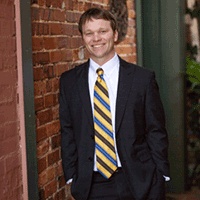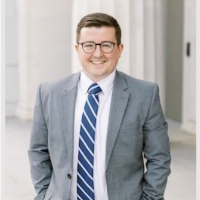Little River Felony Lawyer, Alabama
Not enough matches for Little River Felony lawyer.
Below are all Little River Criminal lawyers.
James Murray Byrd
✓ VERIFIEDMy name is James M. Byrd and I'm a Mobile, Alabama criminal defense attorney. I was born in Mobile and graduated from Jefferson Davis High School in M... (more)
Jason Hadley
✓ VERIFIEDJason was born in Mobile, Alabama, and attended Baldwin County High School. During law school, Jason clerked at Ringer & Lingold in Mississippi, and u... (more)
Cody Shea Poe
✓ VERIFIEDCody Poe helps people reclaim their voices and protect their rights, providing consumer debt defense, criminal defense, and insurance litigation.
Christine C. Hernandez
✓ VERIFIEDChristine graduated from Troy State University in 1990 with a Bachelor’s degree in Education and Sports Medicine. She moved to Mobile, as a graduate... (more)
FREE CONSULTATION
CONTACTRichard O. Kingrea
J. Thomas Pilcher
FREE CONSULTATION
CONTACT




